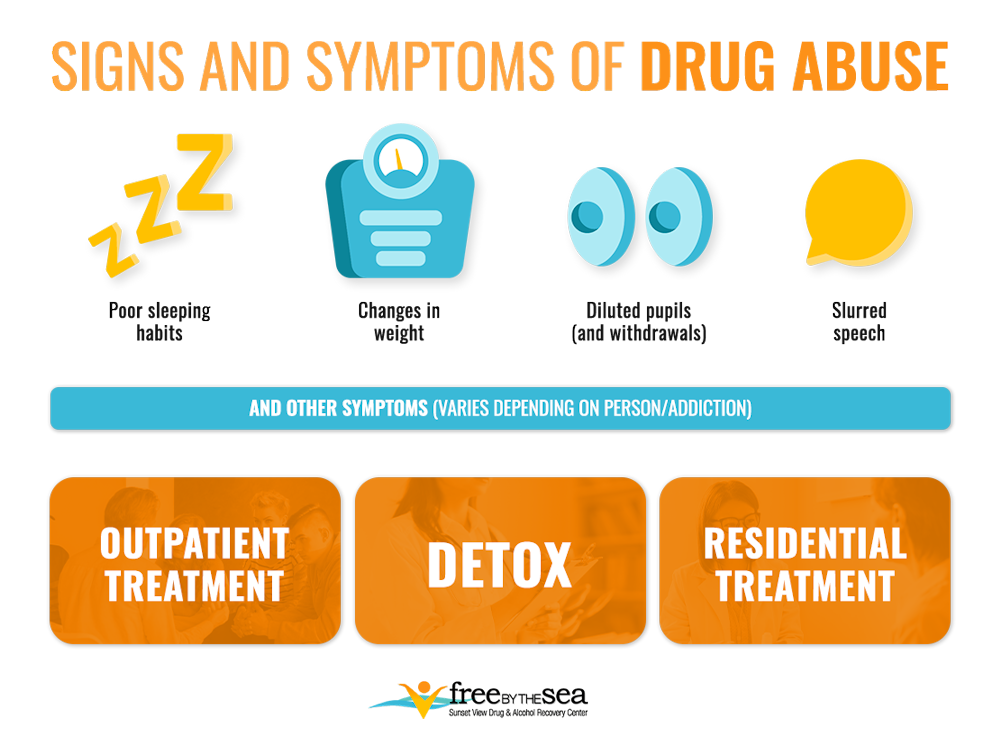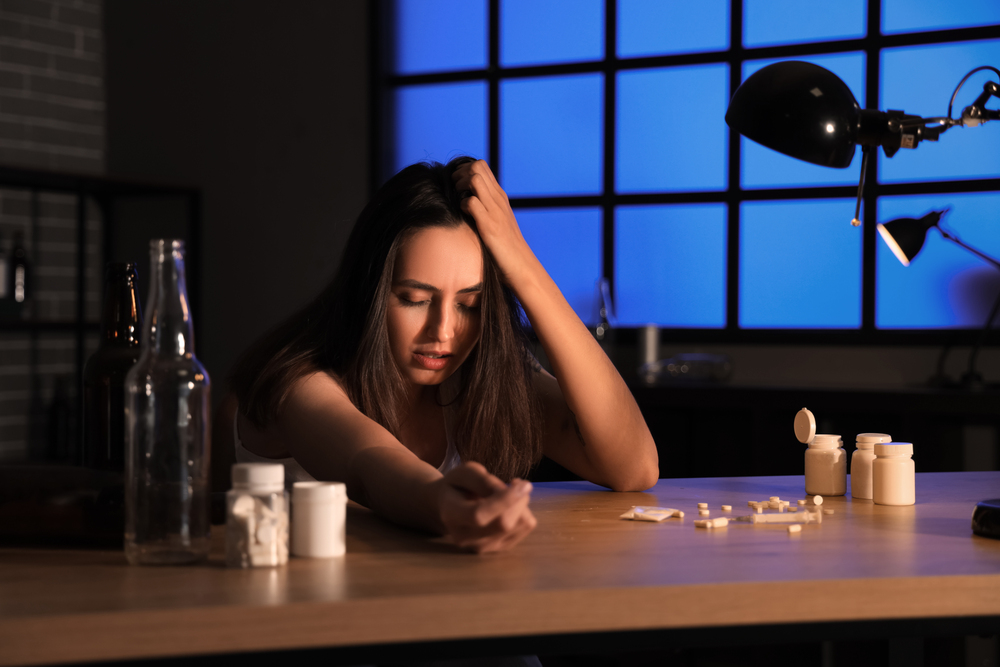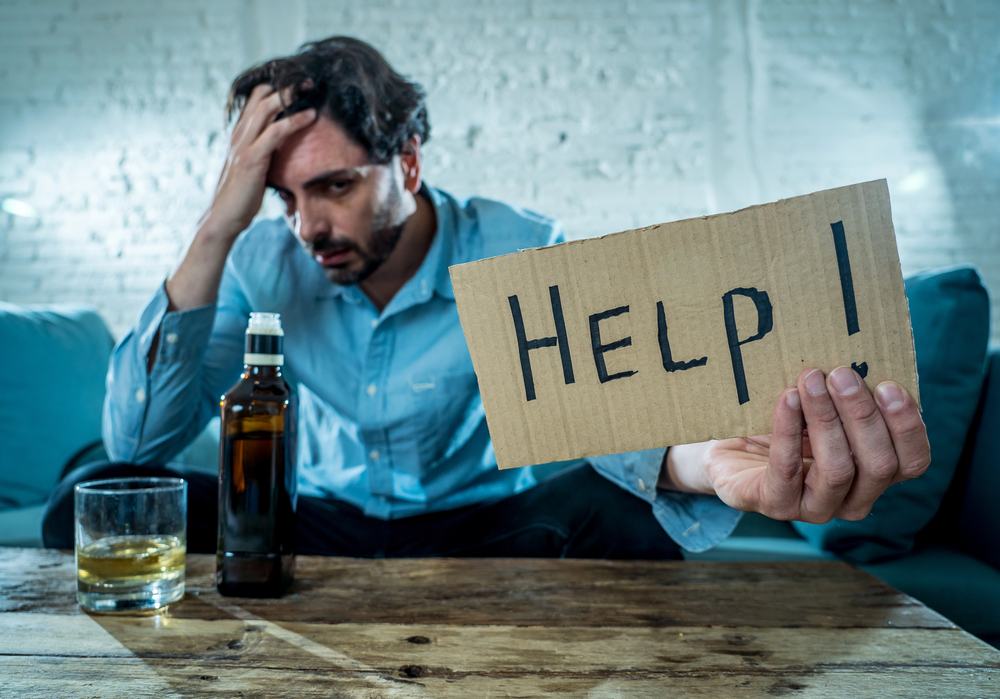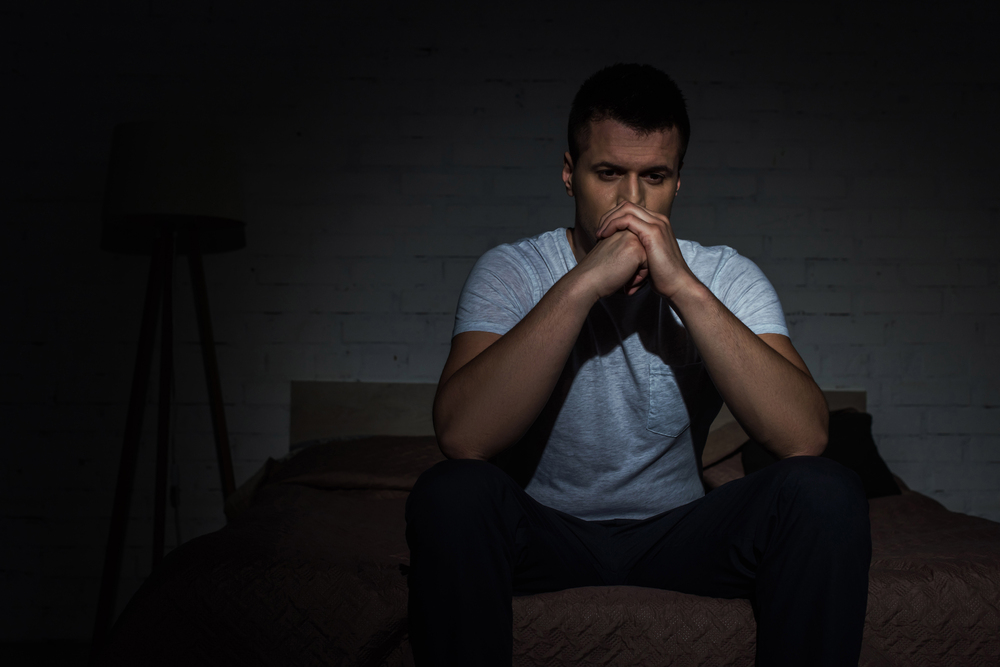Drug addiction continues to be an issue around the globe and can affect anyone regardless of socioeconomic status. However a person becomes addicted to drugs, it is important to know the signs of drug addiction and how to help.
When someone begins taking drugs (recreationally or medically), there is always a chance to develop physical dependence and addiction. Sometimes this can occur without the person even realizing it.
Some drug addictions can be severe and can cause long-term effects on the body and mind. In some cases, substance abuse can even result in fatal consequences. It is important to get help as soon as possible if you suspect that you or someone you know is suffering from addiction.

Common Signs of Substance Abuse
When someone is abusing drugs, there are usually noticeable signs and symptoms. These can be physical or behavioral symptoms and, in some cases, both. General signs that someone you know might be abusing drugs include:
- Cravings or strong urge to use the substance
- Neglecting social and work-related responsibilities
- Having to use the substance regularly to feel normal
- Buying drugs even though despite financial problems
- Willingness to go to extremes to acquire more of the substance
- Acquiring and using the drug takes up a significant amount of time
- Suffering from withdrawal symptoms when not using alcohol or drugs
- Requiring increasingly larger amounts of the drug to achieve the same effect
- Finding it impossible to stop using the drug, even when making a serious attempt
- Engaging in hazardous behaviors such as unprotected sex, needle-sharing, and driving while intoxicated
These red flags are huge indicators that you or someone you know might be suffering from substance abuse. Some other telling signs might reside in their appearance or priorities, other red flags may include:
- A sloppy or unclean appearance or displaying disinterest in their hygiene or how they’re dressed
- Academic problems such as skipping school or cutting class regularly, a decline in grades, or showing apathy toward school-related activities
- Asking for money without stating a purpose or stealing valuables or cash from parents, friends, or family to fund their addiction
- Unusual behavioral changes such as being secretive, treating friends and loved ones differently, or becoming irrationally upset when someone tries to enter their room
Symptoms and Effects of Drug Abuse
There is a lot of symptoms that come with drug abuse, many of these can range in severity and can be fatal if the abuse persists. One important factor to consider is how long drugs stay in your system, as this can influence both the intensity of withdrawal and the potential for overdose.
Some of the most abused drugs are prescription drugs. Dependency and withdrawal symptoms can develop, creating signs of drug addiction for the user. Here are some of the more commonly abused drugs and the symptoms that accompany them.
Opioid Abuse
 Opioids, also known as narcotics, are usually strong prescription pain relievers that can become extremely addictive if abused. Oxycodone, hydrocodone, and fentanyl are common opioids.
Opioids, also known as narcotics, are usually strong prescription pain relievers that can become extremely addictive if abused. Oxycodone, hydrocodone, and fentanyl are common opioids.
There are a few telling signs that a person might be addicted to an opioid. These can include:
- Isolation from family and friends
- Losing interest in activities and hobbies
- Fatigue and sadness
- Mood changes
- Bad hygiene (not bathing, brushing teeth, etc.)
- Getting in trouble with the law
Opioid drugs can make the mind and body depend on the drug and cause severe withdrawal symptoms if the person does not get access to it. These symptoms include:
- Drug cravings
- Anxiety and irritability
- Abdominal pains
- Vomiting
- Tremors
- Insomnia
- Feeling cold
Alcohol Abuse
 Alcohol abuse is one of the most common types of addiction in our world today. Many people indulge in drinking and can develop long-term and short-term problems if alcohol is consumed in excess.
Alcohol abuse is one of the most common types of addiction in our world today. Many people indulge in drinking and can develop long-term and short-term problems if alcohol is consumed in excess.
An individual can become dependant on alcohol and can experience intense withdrawal symptoms when not drinking. Some of the clear signs of alcohol abuse include:
- Irritable when not drinking
- Mixing medication and alcohol
- Losing focus on responsibilities
- Strong, uncontrollable urges to drink
- Lack of control over consumption size
- Negative thoughts when not drinking
- Continued drinking regardless of harm and problems
Continued drinking can cause alcohol use disorder which can cause memory loss, hangovers, blackouts, and worse dangers like cancer, brain damage, and heart problems down the line.
Rehabilitation for Heroin
 Heroin is an opioid drug primarily made from morphine. The drug rapidly enters the brain and affects the areas related to feeling pain and pleasure, as well as controlling heart rate, sleeping, and breathing.
Heroin is an opioid drug primarily made from morphine. The drug rapidly enters the brain and affects the areas related to feeling pain and pleasure, as well as controlling heart rate, sleeping, and breathing.
When a person abuses heroin, the user will begin to experience severe withdrawal symptoms when not using it. These include:
- Restlessness
- Trouble sleeping
- Diarrhea and vomiting
- Severe cravings for heroin
- Sever muscular and bone pain
There are many dangerous long-term effects of heroin addiction including collapsed veins, infections, lung complications, and abscesses.
Cocaine Rehabilitation
 Cocaine is an illegal substance that interacts with the central nervous system causing a feeling of euphoria and energy within the user. It is usually snorted and comes in the form of a white powdery substance.
Cocaine is an illegal substance that interacts with the central nervous system causing a feeling of euphoria and energy within the user. It is usually snorted and comes in the form of a white powdery substance.
Cocaine has other effects that will cause the user to become:
- Talkativeness
- Excited
- Alertness
- Anxiety
- Overconfidence
Cocaine is highly addictive and can cause a number of long-term effects to the body over time. Cocaine is known to cause changes in genetics in brain cells and nerve cells along with massive strain to the heart, which can lead to a stroke or cardiac arrest. Overdose is also a common danger when using cocaine.
Prescription Drugs Rehab Center
 Prescription drug abuse occurs when an individual takes a prescription medication for purposes other than why a medical professional prescribed it. Millions of people (ages 12 and up) abuse prescription drugs for nonmedical reasons.
Prescription drug abuse occurs when an individual takes a prescription medication for purposes other than why a medical professional prescribed it. Millions of people (ages 12 and up) abuse prescription drugs for nonmedical reasons.
There are many negative impacts that prescription drugs can have on the mind and body. Prescription drugs can change how the brain works and can make the individual lose self-control and become addicted to the drug.
There are a few different kinds of medications; the more common ones include opioids, central nervous system depressants, and stimulant medication. Some signs of drug addiction or abuse include:
CNS Depressants:
- Mood swings
- Trouble concentrating
- Poor judgment
- Delayed reflexes
- Memory problems
- Trouble walking
Stimulants:
- Weight loss
- Loss of appetite
- Headache
- Dizziness
- Insomnia
- Paranoia
- High blood pressure
Treatment Options
If you are concerned that someone you know might be abusing drugs, it is important to act quickly and carefully. Things can get from bad to worse if you wait too long to help a loved one get help.
Make sure to consult with them and let them know that you are ready to help. The recovery process can be hard, so support is a must when it comes down to starting the journey.
There are many different treatment options and the severity depends on the drug. It is never too late to get help from qualified professionals and start the journey of recovery for a clean and better life.
Detoxification
Detoxification (or detox) is a very effective and common process that purges the body of any substances (from the point of addiction). This method gives time for the drug and alcohol to be removed from the body so the person can move on with proper treatment.
Detox alone will not cure addiction, but it is one of the first steps towards the road to recovery. After detox, the individual can continue towards inpatient and outpatient options.
Residential Treatment
Inpatient treatment is effective for severe cases of addiction (like co-occurring disorders). Rehab centers like Free by the Sea can offer intensive care, residential housing, and medical care for you or a loved one.
With an open and supportive environment, inpatient treatments allow the individual to get help from qualified medical professionals and therapists to get their desired level of sobriety down the line.
Outpatient Treatment
Outpatient treatments are for mild cases of addiction, and for those that are trying to maintain their sobriety while living their lives. Outpatient treatment typically includes therapy, group therapy, and one-on-one conversations with specialists to make sure you or your loved ones are on the right track.
Intensive outpatient treatments are also available for those that still need some work towards full recovery. Free by the Sea can provide outpatient treatment and help the person get to where they want to be during recovery.
Medication Options
Certain medications can help counteract withdrawal symptoms and attempt to reinstate normal brain function and decrease cravings. These kinds of medications can be used to help treat opioids, tobacco, and alcohol addiction among other drugs.
These medications can be helpful in preventing relapses during recovery. It is common for people to use more than one drug to help treat other substances in their bodies.
Don’t Wait; Get Help Today!
Knowing the warning signs of drug addiction is only half the battle. If you are concerned that a loved one or someone you know is abusing drugs, it is extremely important to get help as soon as possible. Waiting will only cause more harm, and danger as time goes on.
To learn more about Free by the Sea’s treatment options and programs, reach out to us today.

Dr. Richard Crabbe joined our team in 2019 as our psychiatrist and medical director. He attended the University of Ghana Medical School where he became a Medical Doctor in 1977. From 1978 through 1984, he was a medical officer in the Ghana Navy and provided a variety of services from general medicine to surgeries. He received his Certificate in General Psychology from the American Board of Psychology and Neurology in 2002.
Insurances We Accept
Free by the Sea recognizes the importance of having insurance to receive addiction treatment. Let us work with you to provide you or a loved one with premier addiction treatment services. We accept several private insurance plans. Verify your rehab coverage with us today to ensure you receive the support that you need! Find out if you are covered today!











